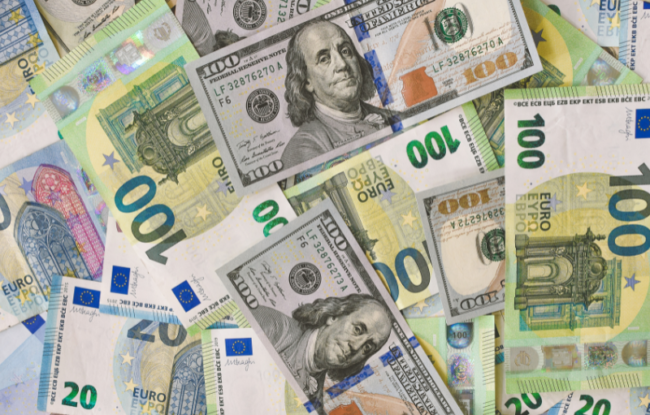Eko Health, a developer of AI-enabled smart stethoscope that detects structural heart disease signs, atrial fibrillation, low ejection fraction, and other hemodynamic parameters indicative of heart failure, raised $65 million in Series C funding.
Highland Capital Partners and Questa Capital co-led the funding round with Artis Ventures, DigiTx Partners, NTTVC, 3M Ventures, and other new and existing investors.
Corey Mulloy from Highland Capital Partners and Ryan Drant from Questa Capital will join the Eko board of directors as part of the investment.
The company plans to use the new funds to expand in-clinic use of its telehealth and AI algorithms for disease screening and launch a monitoring program for cardiopulmonary patients at home.
“Now more than ever, telehealth is playing a critical role in caring for patients,” said Dr. Ami Bhatt, director of Outpatient and TeleCardiology at Massachusetts General Hospital.
Ami Bhatt added: “The stethoscope is used in almost every in-person patient exam. But its absence from telehealth leaves us as providers unable to examine our patients thoroughly. Eko closes the gap between virtual and in-person care. With Eko’s AI-powered insights and telehealth, providers are now able to offer care for patients in-clinic and at home, manage disease earlier when the cost is typically lower, and contribute both to higher patient and provider satisfaction.”
Founded in 2013, Eko Health has raised almost $100 million to date, including a $20 million in Series B funding round led by ARTIS Ventures in September 2019. The company employs more than 50 people with an office in Oakland, California.
“The explosion in demand for virtual cardiac and pulmonary care has driven Eko’s rapid expansion at thousands of hospitals and healthcare facilities, and we are excited for how this funding will accelerate the growth of our cardiopulmonary platform,” said Connor Landgraf, CEO and co-founder of Eko.
Digital health smart connected devices raised over $300 million in the first nine months of 2020. Learn More.




